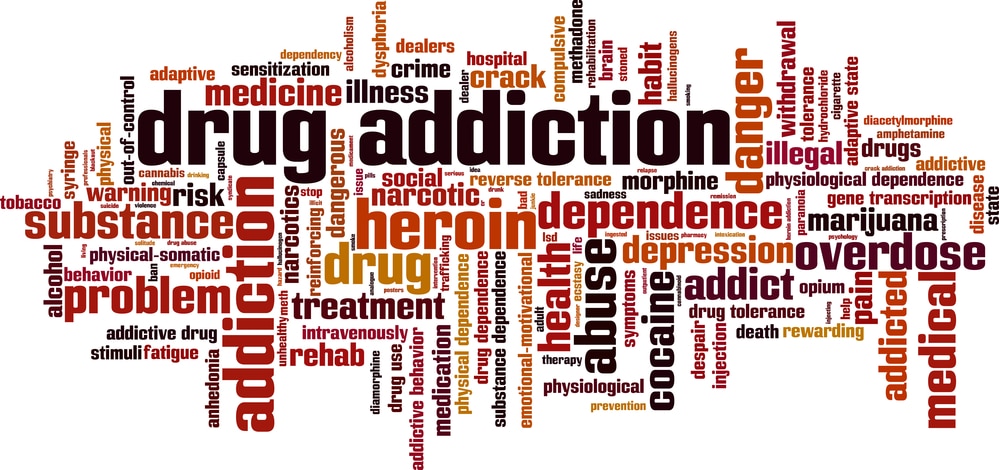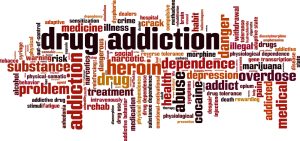

Physiological dependence is a state where the body adapts to regular substance exposure, causing withdrawal symptoms if use is reduced or stopped. Recognizing the signs of physiological dependence early is vital for understanding the impact it may have on both physical and mental health, and for seeking appropriate support if necessary. Below, we will explore seven primary signs of physiological dependence and discuss how they reveal the underlying effects of continued substance use on the body.
1. Tolerance Development
One of the first signs of physiological dependence is the body’s development of tolerance. This means that over time, a person requires more of the substance to achieve the same effect they initially experienced. Tolerance is an adaptive response from the body as it adjusts to frequent exposure, reducing the substance’s initial impact. For example, someone consuming alcohol regularly might find that they need to drink increasingly larger amounts to feel its effects. This escalation can lead to excessive consumption, compounding the risk of dependency.
2. Withdrawal Symptoms
Withdrawal is often a tell-tale sign of physiological dependence. When substance use is abruptly reduced or stopped, the body, which has become accustomed to the substance’s presence, struggles to function normally. Common withdrawal symptoms include irritability, anxiety, tremors, nausea, and in some cases, severe physical distress. For instance, opioid withdrawal can involve intense flu-like symptoms, while alcohol withdrawal might lead to severe complications like seizures or delirium tremens. Experiencing such symptoms upon cessation indicates that the body has developed a dependence.
3. Cravings and Urges
Cravings represent another critical indicator of physiological dependence. Individuals might find themselves experiencing intense urges to use the substance, often prompted by stress or certain triggers. These cravings can feel overwhelming and may interfere with daily activities, as the person struggles to resist the urge to consume the substance. These compulsive urges suggest a psychological component that often goes hand in hand with physiological dependence, underscoring the complex nature of substance dependency.
4. Physical Adaptations in the Body
Over time, physiological dependence may lead to physical changes in the body as it adapts to the substance. For example, long-term alcohol consumption can result in liver adaptations, impacting metabolic processes, while chronic nicotine use might change lung and cardiovascular functioning. This physiological shift shows how the body can develop structural or functional changes to accommodate the substance, a phenomenon that sometimes results in long-term health consequences if the substance use continues.
5. Time and Resource Investment
Physiological dependence is often accompanied by an increased investment of time and resources to obtain and use the substance. An individual might find themselves going out of their way to secure the substance, arranging their schedule around it, or spending significant amounts of money on its procurement. This behavioral shift often occurs because the body has come to expect regular intake, and thus the individual begins to prioritize its acquisition, sometimes at the expense of other responsibilities or personal interests.
6. Neglect of Personal Responsibilities and Relationships
A further sign of physiological dependence is the neglect of previously important personal responsibilities and relationships. The individual may experience a shift in priorities, becoming more focused on their substance use and less engaged in activities they once enjoyed. They may also begin to withdraw from family and friends or fail to meet work or school obligations. These behaviors highlight the profound effect physiological dependence can have on an individual’s social and professional life, often isolating them from vital support systems.
7. Physical Health Deterioration
Chronic use of a substance can lead to significant physical health deterioration over time. Physiological dependence places stress on various organs and systems, leading to a wide range of potential health problems. For example, prolonged alcohol dependence may result in liver disease, while long-term smoking could lead to respiratory and cardiovascular issues. Other common health consequences include fatigue, weakened immune function, and decreased mental sharpness. Recognizing health deterioration related to substance use is essential, as it underscores the physical toll of physiological dependence and the need for early intervention.
Managing Physiological Dependence: Steps to Recovery
Recognizing physiological dependence is only the first step. Addressing it effectively often involves a combination of medical treatment, counseling, and lifestyle changes. Acknowledging the need for support can empower individuals to seek the necessary interventions, whether through a medical detoxification program, counseling, or supportive group therapy. Engaging with these resources can make a significant difference in managing withdrawal symptoms, rebuilding health, and preventing relapse.
Seeking guidance from a healthcare professional can be particularly helpful, as they can provide advice tailored to the individual’s needs, guiding them through safe and effective treatment options. Medical support may include supervised detoxification, medication to ease withdrawal symptoms, and counseling services to address the psychological aspects of dependency.




